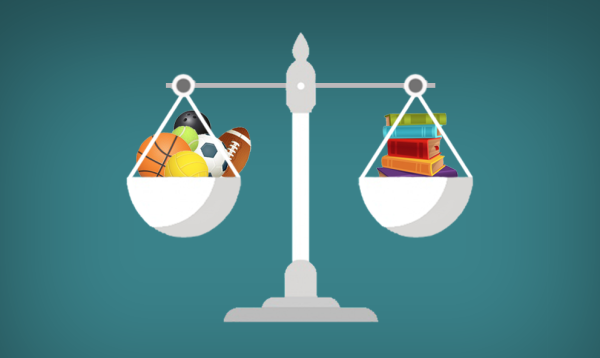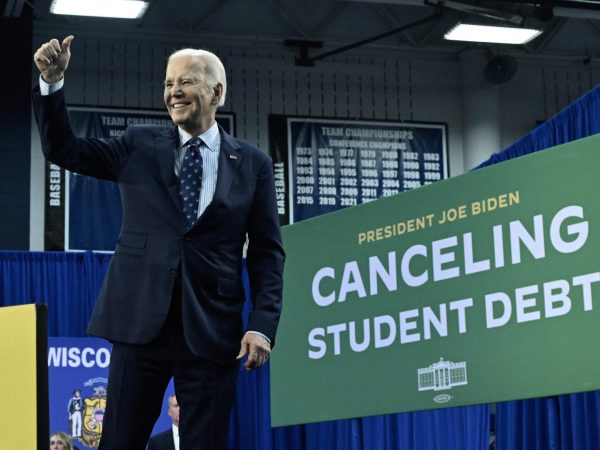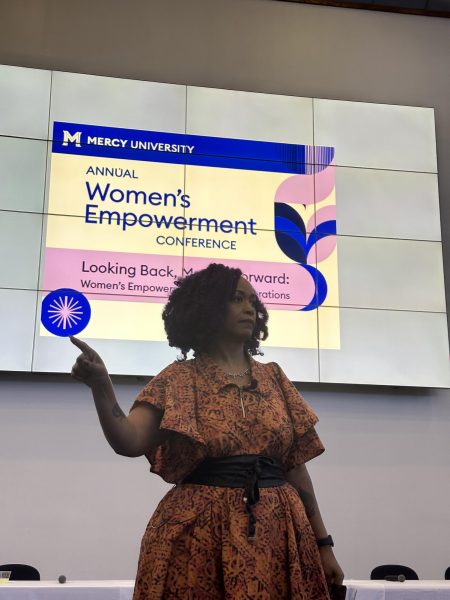Mercy Debates Who Picks Up The Check
When preparing for a date, some of the most common thoughts may range from what outfit are you going to wear, where are you going to go and maybe even what are you going to talk about. However, today a question that wasn’t given much thought in the past seems to have become a rather popular dilemma in the world of modern dating:
Who picks up the check?
It is extremely common for the man to pick up the check, especially on the first date, and it may even be an unwritten dating rule to do so. But what happens after the first few dates?
Students at Mercy College engaged in an interesting debate after answering a short modern dating survey. It was discovered that although men should always pay on the first date, both women and men feel as though women should at least offer.
However, Corey Cummings, a 21-year-old junior at Mercy College feels as though women shouldn’t have to pay for anything.
“If I offered for us to go somewhere, or if we decided together to go somewhere, I’m going to pay,” he said. “It’s the man’s job to pay for the bill.”
Cummings says he goes on dates expecting nothing at all, and if the date was the woman’s idea, he still insists on paying, presuming, “If I’m her boyfriend, I signed up for that.”
Although Cummings has his own dating beliefs, which he credits to his mother and her parenting, he is aware that many of his friends have a different point of view with the understanding that, “Girls come and go. Most people don’t want to invest money into something that might not work out,” but even then he doesn’t let their opinions affect his dating principles.
“People think differently. I’m taking care of me and whoever I’m dating, whoever chooses to do otherwise is between them and theirs.”
While Cummings is a firm believer in bearing all expenses, senior Marc White feels as though women should definitely be expected to pick up the bill after a while. “It’s like that give a little, get a little type of thing,” he explains. White suggests that women should pay for the bill once in awhile, especially after a relationship has been established. After pondering for a few seconds, he corrects himself. “Actually, I wouldn’t suggest it. I would hope that she would think of it on her own.”
He also notes that if he were the recipient of the invitation, he would then expect for the woman to pay.
Although some may contemplate paying for the bill as a courtesy or some level of agreement, there are others who see it as an element of pride. Roland Leiva blames today’s society for women feeling the need to object a man’s offer to pay. “Women feel that they have to say no, simply because they want to feel equal,” stated Leiva. He strongly advocates, “just because a guy wants to pay for the date doesn’t mean that he thinks of you any less. He just feels that you shouldn’t spend any money, it’s all on him.”
In agreement with Leiva, 21-year-old Kierra Thomas also considers that a females eagerness to pay as an expression of pride claiming, “If a woman is comfortable enough to provide, she can pay for the bill once in a while, it’s not wrong and it show’s her independence.” Proud of her financial state, Thomas is not offended when her offer to pay is optimistically accepted.
Though offering to take up the bill sounds nice, sometimes women only make the offer as a kind gesture.
Student Jazzmin France says that although she has offered to pay for dates in the past, when it came down to her actually coming out of pocket she didn’t feel comfortable. She explains, “I offered to pay the whole bill once and after I paid I didn’t like it and I told myself, never again. The gentlemen thing to do is to pay.”
With so many strong opinions on who should pay, it then raises another question:
Are there rules to dating?
21-year-old Carolina Guillermo acknowledges that some individuals make efforts to set certain guidelines. However, she doesn’t believe in setting any rules when it comes to dating as she expresses, “When you plan something out it doesn’t go that way at all.” She simply puts it, “when you’re on the same page with a person then you’re on the same page. All good things take time.”
Carolina then takes a neutral approach to the debate over who pays for the bill.
“I believe in going Dutch.”

Maritza is a senior majoring in journalism and is in her first year on the Impact. Although she greatly regrets waiting so long to join such a great...












